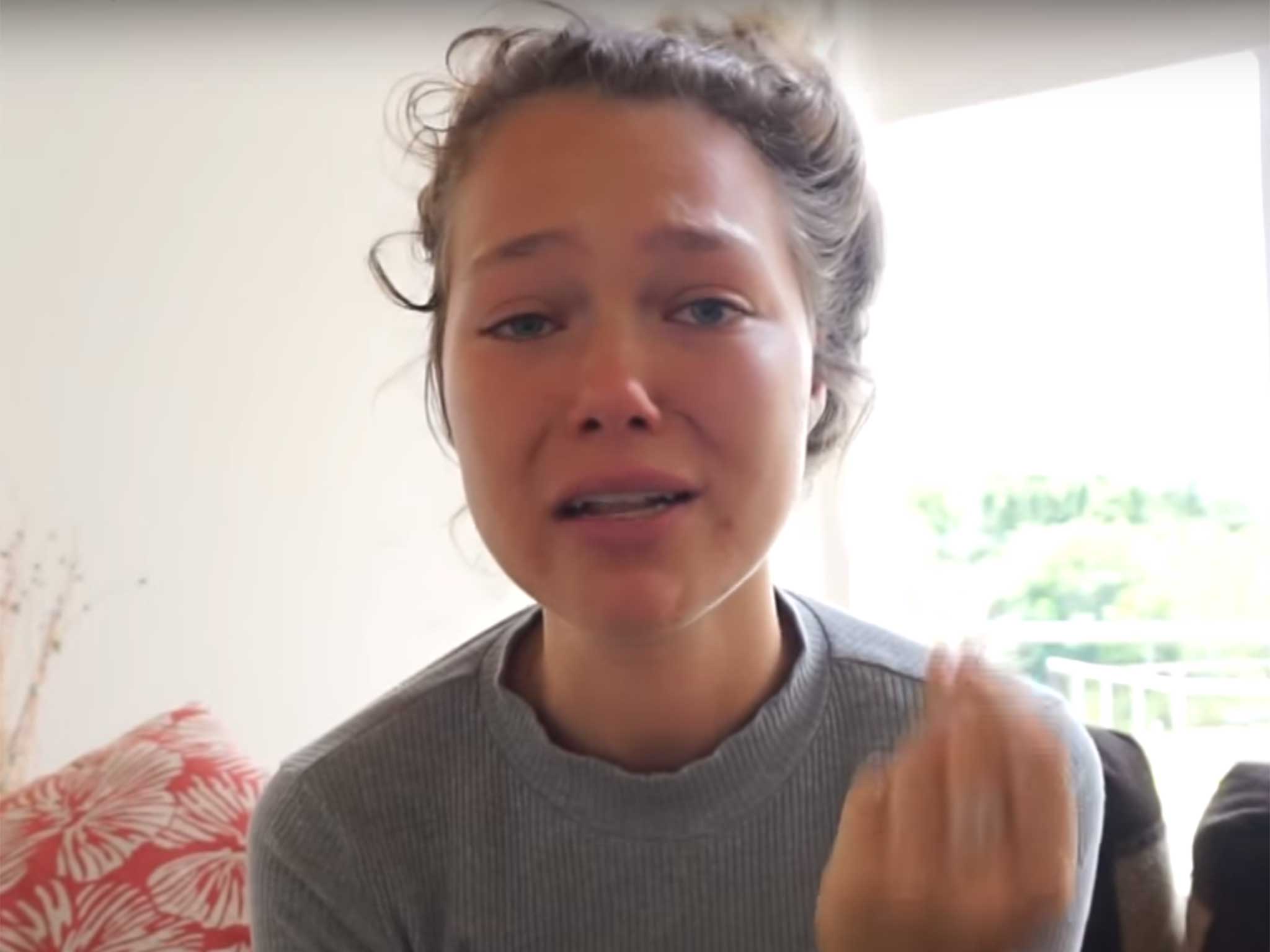Now Essena O'Neill has broken under the pressure of being 'internet famous', brands should think twice about monetising young women's lives
Instagram’s shiny happy people are encouraged to ‘document their lifestyle’ competitively, so we have to take her seriously when she tells us it isn’t just the viewer who's damaged by it. Clearly, the creator is too

I was surprised to hear the news that 18-year-old Australian socialite Essena O’Neill was quitting social media for good. It has been reported that Essena, over the course of three years, had amassed over 500,000 followers on Instagram alone, an achievement most young people desperate for social media validation can only dream of. But overnight it seems that she has decided to give it all up, delete most of her enviable photos and caption the ones that remain with revealing statements about the trickery and fakery of social media, Photoshop and filters.
It has been suggested by some that her abandonment of social media is an elaborate publicity stunt to garner attention for her new website letsbegamechangers.com – and this has seemingly hit a nerve with the many people who have followed her path to online fame. Former friends and YouTubers Nina and Randa – ‘internet famous’ young women in their own right - posted a video this week suggesting that Essena is “a fake liar because a) we’re really happy and have a ton of friends” – Essena suggested in a teary post that social media fame made people miserable, obsessive and alienated – “and b) she’s not even that rich. We think there’s something wrong with her”.
Although Essena may have put some people’s noses out of joint with her statements that social media “serve[s] no real purpose other than self-promotion” and her motives in apparently publicising her Instagram-caused breakdown remain unclear, I can’t help but support a lot of the things she has said. Things aren’t always as they seem, but Instagram’s shiny happy people are encouraged to ‘document their lifestyle’ increasingly competitively, so we have to take her seriously when she tells us that it isn’t just the viewer who experiences lowered self-esteem. Clearly, the creator of those images does too.
I believe that most of us can cultivate the self-awareness to know when a photograph isn’t representative of ‘real life’ and when beauty bloggers are paid to promote products, but it is nevertheless refreshing to see someone like Essena calling out social media and its obsession with monetising young women’s lives. After all, these networks are a daily, high-priority pastime for young people.
Several campaigns have already been pioneered to change the ways that social media effects self-esteem, but there’s something more personal when it comes straight from the horse’s mouth – particularly when the aforementioned horse has an influence on her peers and the ways in which they see the world.
So whether this was a clever publicity stunt or not, with self-esteem and body image ideals at an all-time low, Essena’s started a conversation that was sorely needed. It could pave the way for the foundations of a new kind of self-image boost where leg goals don’t matter and no-one cares if you and your eyebrows aren’t on fleek. But even if it doesn’t, at least it’s gone some way to deconstructing the myth that just because young women have moved away from dictatorial magazines and onto online spaces, they’ve magically shrugged off the crushing social pressure to be perfect.
Join our commenting forum
Join thought-provoking conversations, follow other Independent readers and see their replies
Comments